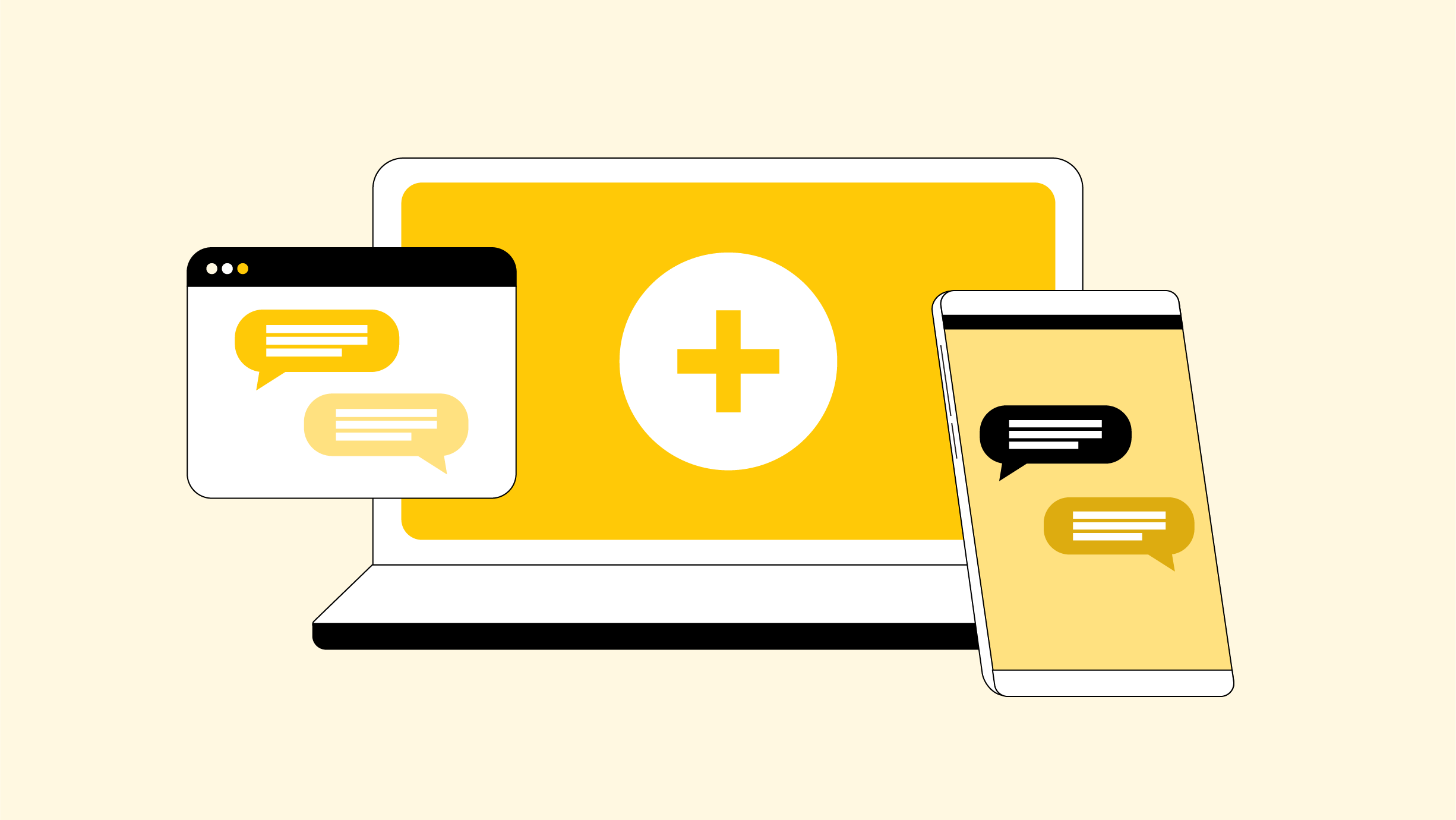
ADLYXIN contains the active ingredient Lixisenatide. It is commonly used to treat type 2 diabetes by increasing insulin levels and decreasing blood sugar.
ADLYXIN contains the active ingredient Lixisenatide. It is commonly used to treat type 2 diabetes by increasing insulin levels and decreasing blood sugar.
How should I use this medication?
This medication is for injection under the skin of your upper leg, stomach area, or upper arm. Use once a day within 60 minutes (1 hour) before the first meal of the day. Use at the same time each day. You will be taught how to prepare and give this medication. Use exactly as directed. Take your medication at regular intervals. Do not take it more often than directed.
It is important that you put your used needles and syringes in a special sharps container. Do not put them in a trash can. If you do not have a sharps container, call your pharmacist or care team to get one.
A special MedGuide will be given to you by the pharmacist with each prescription and refill. Be sure to read this information carefully each time.
This medication comes with INSTRUCTIONS FOR USE. Ask your pharmacist for directions on how to use this medication. Read the information carefully. Talk to your pharmacist or care team if you have questions.
Talk to your care team about the use of this medication in children. Special care may be needed.
Overdosage: If you think you have taken too much of this medicine contact a poison control center or emergency room at once.
NOTE: This medicine is only for you. Do not share this medicine with others.
What if I miss a dose?
If you miss a dose, take it 1 hour prior to the next meal. If it is almost time for your next dose, take only that dose. Do not take double or extra doses.
Where should I keep my medication?
Keep out of the reach of children and pets.
Store unopened pen in a refrigerator between 2 and 8 degrees C (36 and 46 degrees F). Do not freeze or use if the medication has been frozen. Replace the pen cap after each use to protect from light. After you first use the pen, it can be stored at room temperature 30 degrees C (86 degrees F). Throw away your used pen 14 days after first use or after the expiration date, whichever comes first.
Do not store your pen with the needle attached. If the needle is left on, medication may leak from the pen.
NOTE: This sheet is a summary. It may not cover all possible information. If you have questions about this medicine, talk to your doctor, pharmacist, or health care provider.
What side effects may I notice from receiving this medication?
Side effects that you should report to your care team as soon as possible:
Side effects that usually do not require medical attention (report these to your care team if they continue or are bothersome):
This list may not describe all possible side effects. Call your doctor for medical advice about side effects. You may report side effects to FDA at 1-800-FDA-1088.
What should I tell my care team before I take this medication?
They need to know if you have any of these conditions:
What may interact with this medication?
Medications that may affect your blood sugar levels include:
Medications that may mask symptoms of low blood sugar include:
This list may not describe all possible interactions. Give your health care provider a list of all the medicines, herbs, non-prescription drugs, or dietary supplements you use. Also tell them if you smoke, drink alcohol, or use illegal drugs. Some items may interact with your medicine.
What should I watch for while using this medication?
Visit your care team for regular checks on your progress. Tell your care team if your symptoms do not start to get better or if they get worse.
You may need blood work done while you are taking this medication. Your care team will monitor your HbA1C (A1C). This test shows what your average blood sugar (glucose) level was over the past 2 to 3 months.
Know the symptoms of low blood sugar and know how to treat it. Always carry a source of quick sugar with you. Examples include hard sugar candy or glucose tablets. Make sure others know that you can choke if you eat or drink if your blood sugar is too low and you are unable to care for yourself. Get medical help at once.
Tell your care team if you have high blood sugar. Your medication dose may change if your body is under stress. Some types of stress that may affect your blood sugar include fever, infection, and surgery.
Do not share pens or cartridges with anyone, even if the needle is changed. Each pen should only be used by one person. Sharing could cause an infection.
Wear a medical ID bracelet or chain. Carry a card that describes your condition. List the medications and doses you take on the card.
Make sure you stay hydrated while taking this medication. Drink water often. Eat fruits and veggies that have a high water content. Drink more water when it is hot or you are active. Talk to your care team right away if you have fever, infection, vomiting, diarrhea, or if you sweat a lot while taking this medication. The loss of too much body fluid may make it dangerous for you to take this medication.
If you are going to need surgery or a procedure, tell your care team that you are taking this medication.
Estrogen and progestin hormones that you take by mouth may not work as well while you are taking this medication. Talk to your care team about contraceptive options. They can help you find the option that works for you.
Do not take this medication without first talking to your care team if you may be or could become pregnant. Your care team can help you find the option that works for you. Weight loss is not recommended during pregnancy. Maintaining healthy blood sugar levels can help reduce the risk of pregnancy complications.
Talk to your care team if you are breastfeeding. When recommended, this medication may be taken. Its use during breastfeeding has not been well studied. Lactation may help lower your blood sugar levels. Your care team may recommend changes to your treatment plan.
Source: This information is sourced from Elsevier Inc.






The reviews, ratings, comments, and opinions expressed on this platform are solely those of the individual medical professionals who posted them and do not reflect the views or positions of Sermo, Inc. Sermo does not endorse, verify, or validate the content of individual reviews. The information provided is user-generated and reflects personal clinical experiences, which may not be complete, accurate, or applicable to your specific health needs. It is not intended as medical advice.
Prescription medications affect individuals differently, and what works for one person may not work for another. Always consult your doctor, pharmacist, or other qualified healthcare provider to ensure the information displayed applies to your personal circumstances. Only a licensed healthcare provider can advise you on what is safe and effective for you.
Keep all medications out of the reach of children, never share your medicine with others, and use each medication only as prescribed. Your reliance on any information provided on this platform is at your own risk.
Sermo Drug Ratings, and all information provided on this website, may not be used in combination with any artificial intelligence tool (including to train an algorithm, test, process, analyze, generate output and/or develop any form of artificial intelligence tool).
Visitors to the online patient-facing website at Sermo.com (“Sermo Drug Ratings”) are Authorized Users of the website, which contains data owned by a third-party provider, Elsevier, Inc. Accordingly, by visiting Sermo Drug Ratings, Authorized User acknowledges that the website includes Elsevier owned data that Sermo licenses pursuant to a separate usage and Data agreement (the “Agreements”). Authorized User further acknowledges that Sermo is a third-party beneficiary of the Agreements and Authorized User’s use of the website hereby binds them to the terms of the Agreements; provided, however, that Elsevier shall have no obligations or liability to an Authorized User whatsoever pursuant to the terms of the Agreements.